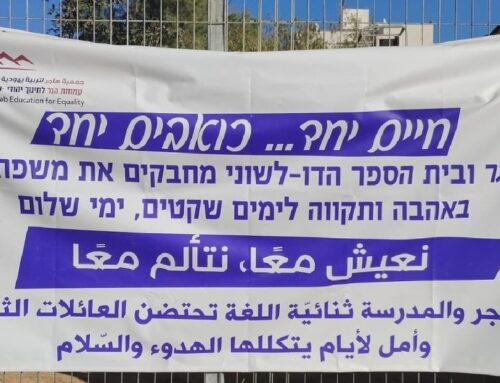Divestment, also known as disinvestment or divestiture, means the sale of stocks or other financial assets; in our context, it implies a political purpose. It was first advocated as a political tactic in the late 1960s against South Africa to enforce a pariah status for the apartheid regime. The campaign really became popular in the mid-1970s as white minority rule was in retreat on the African continent.
The Portuguese colonies gained independence in 1973 and 1975 with Pretoria [South Africa’s executive or administrative capital] intervening in the Angolan civil war against the Cuban-MPLA alliance on behalf of the FNLA/UNITA alliance that was backed by the Western powers in October 1975. After the MPLA victory in Angola in March 1976, Secretary of State Henry Kissinger began a mediation effort in Rhodesia.
In 1977, the Rev. Leon Sullivan, a prominent African-American clergyman in Philadelphia, who sat on the board of General Motors, created a code of conduct for American companies operating in South Africa. The Sullivan Principles called for non-compliance with official discrimination laws (petty apartheid), promoting blacks into leadership positions in the companies they worked for, and investing in housing and education for their black workers. These principles were quickly accepted by most major American corporations doing business in South Africa as well as by some British and European corporations as a means of forestalling divestment campaigns.
In April 1980, Rhodesia became Zimbabwe with a majority rule government for the first time. In 1983-84, South Africa’s ruling National Party implemented a new constitution that created separate houses of parliament for the mixed-race “colored” community and the Indian immigrant community, while pointedly excluding the majority black African population who made up about three-fourths of the total population. This led to widespread internal unrest in September 1984 that by 1985 resulted in the declaration of a partial state of emergency, and in 1986, in a national state of emergency, i.e., martial law, throughout the country.
President Reagan enacted largely symbolic sanctions in 1985 by executive order. The following year the Congress passed much more comprehensive financial and trade sanctions
over the veto of President Reagan and with the support of most Republican members of Congress. Under pressure from Jesse Jackson and other African-American leaders, Rev. Sullivan renounced the Sullivan Principles and called for divestment, but the actual divestment had little practical financial impact on Pretoria.
The important effect of divestment was that it cleared the way for official governmental sanctions. I will cover the actual effect of these sanctions in my next post. Sanctions and divestment were a largely symbolic protest against the Reagan administration’s domestic and foreign policy agenda by a coalition of blacks and white liberals. Could lightning strike twice and a divestment campaign by American universities lead to enactment of sanctions against Israel? This is not likely for several reasons.
Let’s review some history: The Afrikaner leadership that was ruling South Africa in the 1970s and 1980s either advocated neutrality in World War II or sided with the Nazis (e.g., the future Prime Minister John Vorster was interned for opposing South Africa’s war-time alliance with Britain and the U.S.). The Palestinian leadership of the time largely sided with the Nazis in World War II, then it allied with the Soviet Union during the Cold War, and then in 1991, Yasir Arafat supported Saddam Hussein’s invasion of Kuwait.
So while a number of left-wing campuses may vote for divestment of university pension funds from Israel and some unions might follow suit, mainstream politicians are unlikely to vote for sanctions. While progressives may demand moral perfection in some instances, most voters tend to look at the relative allegiances of the two sides in a foreign controversy. If the African National Congress can justify siding with Muammar Kaddafi and Fidel Castro because they were allies in the anti-apartheid struggle, American voters can be forgiven for applying the same rules regarding other struggles left over from the twentieth century.
While members of Congress may take their cues from AIPAC and like-minded organizations, they also reflect the views of most Americans, who identify with Israel over the Palestinians by about a 3:1 margin. While this is partly the result of feelings of ethnic solidarity and religious sentiments among American Jews, Evangelical Protestants, and Mormons, it is also a result of the perception that Israel is an embattled Western democracy; whereas its enemies are seen as non-democratic countries and movements that hate the West.






Hi Folks,
This is such a a superficial “analysis” in all respects that it is laughable.
Thomas, are you aware that 1) Palestinians had no form of self-government or direct representation during World War 2, 2) that other countries imposed sanctions on apartheid South Africa and not just the US, and that in fact the US was one of the last countries, and was shamed into doing so (can you think of any possible future parallels re Israel)? 3) That the BDS movement is international in scope and not just focused on the US? 4) That US public opinion towards Israel, particularly among democrats, seems to be shifting substantially of late?
It’s like you’re not even trying.
Ted